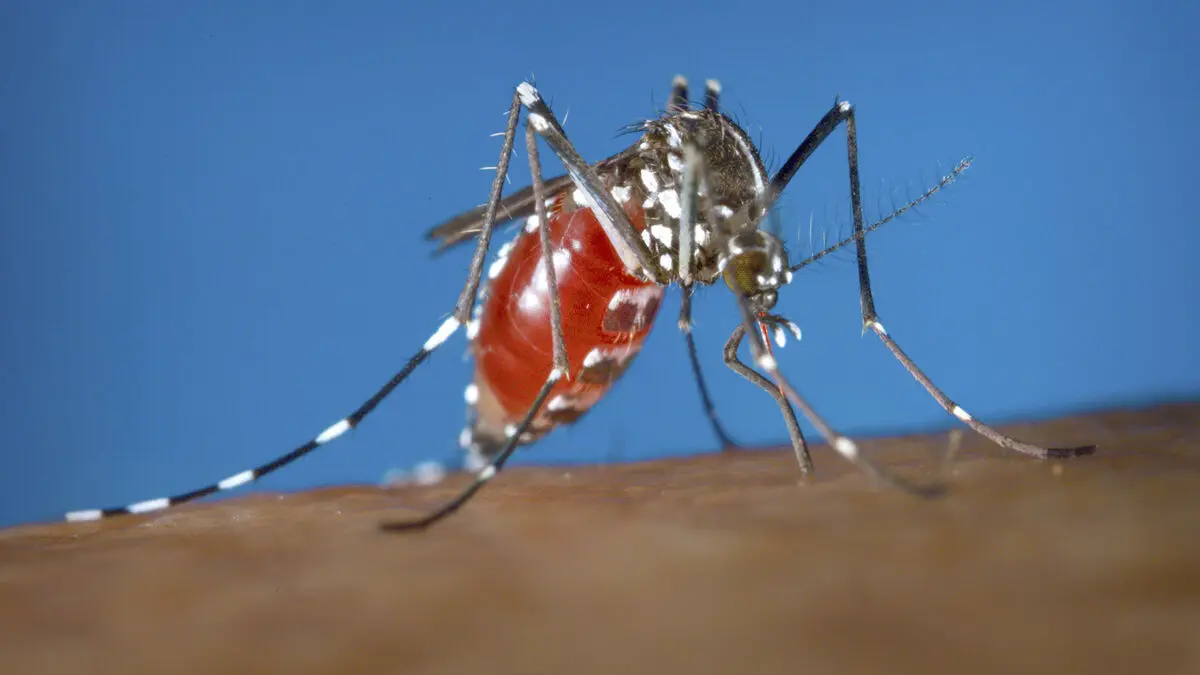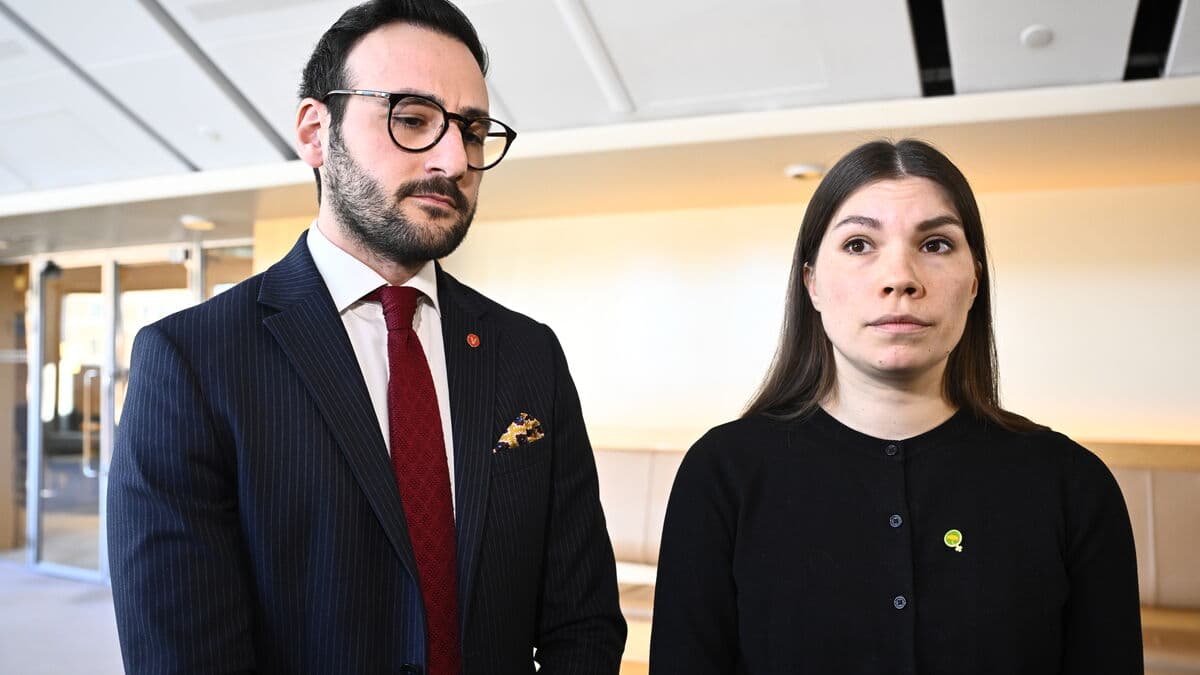During the year, a total of 14 European countries have reported cases of locally acquired West Nile virus in humans. As of October 3, a total of 989 cases had been reported – with Italy accounting for the majority, over 700, Greece around 90 and Serbia 60. The countries affected also include France, Croatia and Turkey, according to the European Centre for Disease Prevention and Control (ECDC).
Germany has since also qualified for the list with two cases – one of which was in Berlin.
In total, just over 60 people in Europe have died as a result of the infection this year, 40 of them since August.
The number of cases reported this year is above the average for the same period in the last decade – but is lower than those noted in 2018, 2022 and 2024.
“Vague perception”
Cases of dengue and chikungunya – which are spread by the Asian tiger mosquito – have also increased sharply in Europe in recent years. This year, dengue has been found in France, Italy and Portugal, while chikungunya has been found in Italy and France.
"I think people have a rather vague idea of what mosquito-borne diseases are. We're not used to thinking about it because we've been so spared from this," says Anders Lindström, researcher at the Swedish Veterinary Institute (SVA).
Low risk
The consequences are seen in blood donation. If you travel to designated areas where outbreaks are ongoing, you must wait 28 days before you can donate blood.
Klara Sondén, infectious disease physician and deputy state epidemiologist at the Swedish Public Health Agency, says that when contacting healthcare, it is always good to inform them that you have been abroad – especially if you are there for infection-related symptoms such as fever.
However, the risk of becoming infected with a mosquito-borne virus varies greatly depending on where and when you go and how long you are away.
If you go on a week-long holiday in Europe, for example, you would be very unlucky to get infected during that short period of time.
Anders Lindström emphasizes that the infection in Berlin is only a case of West Nile. But the risk of being infected with a mosquito-borne virus in Europe is no longer zero.
And the risk with climate change and our travel habits is that these diseases will sooner or later become endemic, that they are no longer just outbreaks.
West Nile virus is spread between birds primarily by the southern house mosquito and the northern house mosquito, which are mosquitoes that almost exclusively bite birds.
West Nile is spread to mammals, including humans, by mosquitoes that bite both birds and mammals, such as the Nile fever mosquito, which was found as a new species for Sweden in 2016.
Symptoms of West Nile include flu-like symptoms such as fever, headache and muscle aches, nausea and vomiting.
Dengue and chikungunya viruses are spread by the Asian tiger mosquito (Aedes albopictus).
Symptoms of dengue include fever, headache, back pain, muscle and joint pain. For chikungunya, symptoms include high fever, headache, muscle and joint pain.
Source: Public Health Agency of Sweden and Anders Lindström (SVA)






